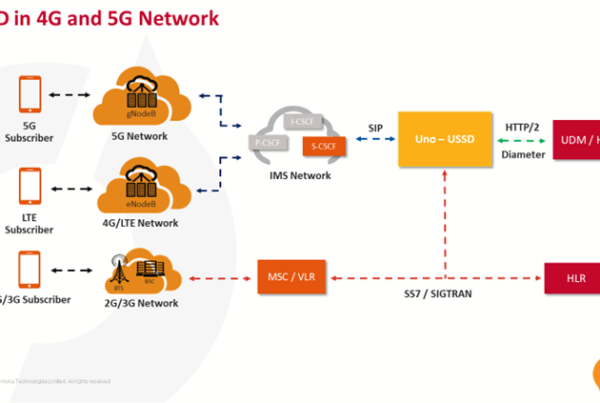Recently, I was on the panel of judges in an internal Hackathon, a platform to present one’s ideas. Basically, the participants are judged on their ability to pitch an idea perfectly. One such pitch came from two rookies who suggested the development of a technology that prevented car crashes. In all honesty, we gave them a fair hearing, acknowledged it as a good idea and then let it pass. For the record, this team did not win the competition!
A week later, I came across the following article
Vehicle-to-Vehicle Communications Will Save Lives on the Road , MIT Technology Review
The article hit me very hard, quite literally (please excuse the pun). Not because of the content but because I had failed to recognize an innovative idea, despite it staring at me in the face. Let’s be clear, I am certain that the rookies who presented this idea had no clue about this article. They were presenting it solely on the strength of their convictions and spontaneity.
I suppose I played a role in killing their spontaneity. That set me thinking and I am presenting my thoughts on this platform-a confession of sorts-how I may have unknowingly been killing ideas over the years. Let’s begin by examining the following:
- Immediate relevance
- Need for external validation
- Confirmation bias
- Outside the core
Immediate Relevance
On a lighter note, though living in the present is being advocated by spiritual masters, it comes with an opportunity cost of recognizing ideas that shall have an impact in the future. I am so consumed either by what I can do or what I can do in the next three months or possibly in the next one year, I tend to overlook ideas I know will not come to fruition immediately. But, do not all good or great things take time? How can I begin to be less myopic?
Need for External Validation
I suppose that this bias is the result of a country specific DNA. I feel good only when someone else says that I am good and over a period of time this becomes conditioned heavily into my system. So much so that I begin to compromise my conviction, which I believe is a prime factor for nurturing any idea. If I had not seen the MIT article mentioned above, this thought process would have possibly remained dormant in me
Confirmation Bias
Honestly, I believe I suffer from this bias, especially when it comes to pushing ideas. It has to subconsciously appeal to beliefs I hold dear. Having being primed in a certain way of thinking for years, it is impossible for me to accept something that is outside my frame of reference, let alone accept and promote it. Any idea that is outside my frame of reference will be summarily dismissed as unworkable.
Outside the Core
The term core competency’ is heavily drilled into all of us (me included), be it personal or organizational core competency. If any idea falls outside these realms, I naturally feel threatened and start rejecting ideas as outside our core competency. In a fast changing world, where the only certain thing of tomorrow is that the sun shall rise (Does the sun rise?), should we be so stuck to our core competencies or should we adapt?
As a product manager, owner, decision maker, facilitator, mentor or anyone in any capacity what do you think?
Do you have any biases?
What are your hidden biases?
What do you set aside your personal prejudices?
How do you create a culture where these biases can be overcome?
I will set out to answer some of these questions the next time around, but I would love to hear from you.
They tried to bury us, but they didn’t know that we were seeds – Mexican Proverb






